Public demand to drive growth in Bahraini Islamic banking sector
According to Fitch Ratings, Islamic banking continues to have significant importance in Bahrain, with its market share rising to 38.8 percent of domestic banking system
Bahrain’s Islamic banking sector growth (including Islamic windows) is expected to continue growth in 2022-2023, thanks to the strong momentum in 2021, likely driven by the increasing public demand for products and the expected improvement in the operating environment, according to Fitch Ratings.
This follows rising oil prices, higher real GDP growth, easing of Covid-19-related restrictions and the expected rises in interest or profit rates.
Islamic banks’ total assets expanded by 8.1 percent in 2021, at a faster pace than conventional banks’ total asset growth of 4.2 percent.
The total Islamic banking sector assets reached $38.6 billion, supported by the mainstem relevance of Islamic products, an increasing residential mortgage financing, a wide branch and digital banking network and the presence of Islamic liquidity-management tools, the report said.
“In 2021, profitability and asset-quality metrics of Islamic retail banks improved, albeit conventional retail banks performed better. Islamic banks were also adequately liquid, but at lower levels than conventional banks. The capitalisation profiles of Islamic and conventional banks were satisfactory and stood at similar levels,” Fitch Ratings noted in its report.
According to Bashar Al Natoor, Global Head of Islamic Finance, Fitch Ratings, asset-quality metrics are expected to deteriorate as regulatory forbearance measures introduced by the Central Bank of Bahrain (CBB) are removed. “These measures, which have been extended a number of times, have masked the true reality of asset quality picture. Commercial real estate financing is likely to remain under pressure due to oversupply, while we expect residential real growth to remain stable,” he said.
While mergers and acquisitions continue to be prominent in Islamic banks, the discontinuation of interbank offered rates (IBOR) will affect Bahraini Islamic and conventional banks, many of whom are still working on updating their systems and processes to adjust to the new Alternative Reference Rates.
“While some Bahraini Islamic banks did not have exposures to benchmark rates, others did have outstanding IBOR-linked exposures as of end-2021. Islamic banks face the additional complexity of needing to ensure sharia-compliance throughout the transition process, unlike conventional banks,” Natoor said.
Bahrain’s share of global Islamic banking assets remains small at 3.5 percent at the end of Q3, 2020, according to the Islamic Financial Services Board, mainly due to the economy’s small size. However, it was higher than Indonesia’s (2.1 percent) and Turkey’s shares (3 percent), both of which have larger economies, the report noted.
(Writing by Seban Scaria; editing by Daniel Luiz)



